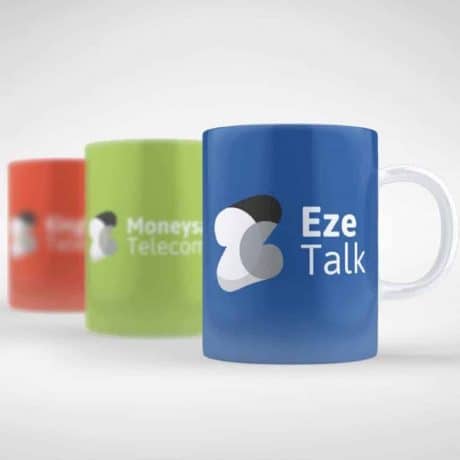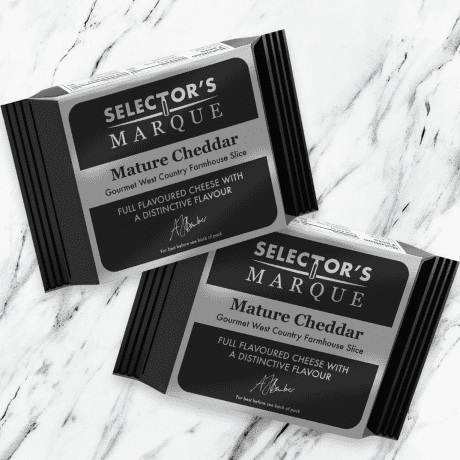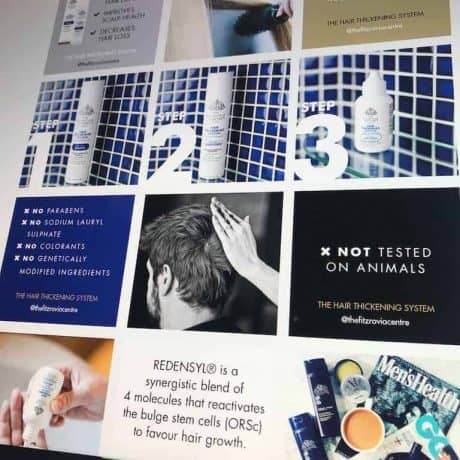.
.
At TRCREATIVE, we believe the most powerful brand strategy starts with ‘Why’ – your brand’s purpose, cause or belief. Why does the company exist beyond making money, and why should anyone care? We then use agile workshops and design thinking to define and outline your strategy.
Corporate branding makes a company’s image more powerful, positive, and memorable. In this instance, it’s not about promoting products and services. It’s about building brand awareness and standing out from the crowd and competitors. Put simply, it means building trust with your target audience.
Is your brand the driving force in increasing sales or is it costing you business? If it’s the latter, then what would happen if you didn’t invest in a rebrand? Your customers must see the value in your brand and what it can offer them, otherwise, they’ll spend their money with your competitor.
We put our experience into your product branding to make whatever you’re selling look special and unique. It’s about creating that “Whatever you’re selling, I’m buying” mindset. In other words, we’ll make you irresistible. People will come back for more.
Brand guidelines, also known as your brand bible, brand style guide or brand tool kit are in essence your owners manual on how to ‘use’ your brand correctly, to keep your brand integrity consistent. These rules ensure that your brand image maintains consistency, which reassures the customer and employees.
Whether you need a fresh new logo or a redesign, TRCREATIVE ensures a cohesive brand image that stands out in the market. Our expert team creates distinctive and memorable logos that encapsulate your brand’s identity and values. Beyond design, we can also guide you through the trademark process to ensure your logo is uniquely yours.



To deliver the most effective solution for you we need to understand exactly what you are trying to achieve – we need to define the challenge you are facing.
We want to get to know you and your business. What makes you different from your competitors? Where do you want to go? How do you want to be perceived?
Express, discuss, modify and more research! We put our ideas into practice and create 3 different brand identites for you to choose from.
We know it will be a difficult task choosing only one of the solutions to progress, so we’ll showcase each brand identity on mockup literature to help you see exactly how your new brand and brand style could be carried forward. That way you can decide what’s just right for you.
Once you make your choice we’ll discuss your thoughts and make any changes that need to be incorporated. Then we’ll focus on delivering your brand identity so you can start enjoying the benefits.
The launch of your new brand isn’t the end of the process. We would love to work with you to evolve your project, applying your new brand to your key marketing collateral, keeping it up-to-date and relevant.